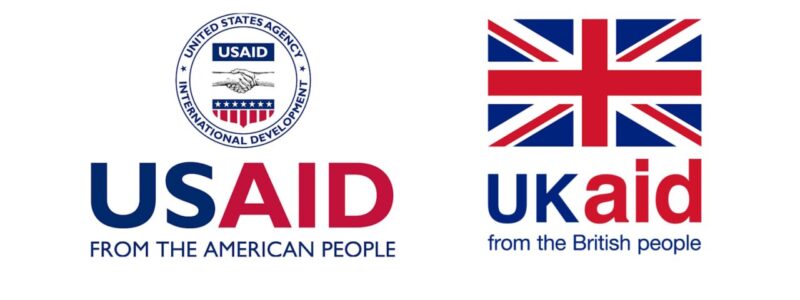
The role of state-owned companies significantly increased during the war, and it will remain key in postwar recovery as well, Deputy Economy Minister Oleksiy Sobolev said at a roundtable discussion on “The Role of State-Owned Enterprises in Postwar Recovery,” which was held the other day with support from USAID’s State-Owned Enterprise Reform Support Activities in Ukraine (SOERA) project.
“During the discussion, participants repeatedly noted that the role of Ukrainian state-owned enterprises increased significantly during the full-scale Russian invasion, as well as their significant contribution to the post-war reconstruction process. At the same time, the need to create conditions for involving the private sector in the reconstruction was also emphasized,” the press release from the discussion reads.
USAID Ukraine Senior Project Management Specialist Andriy Nesterenko noted that Ukraine has more than 3,200 state-owned and more than 14,000 municipal enterprises. In his opinion, once the war is over and economic recovery begins, state-owned companies will be the first to contribute to the recovery, and private business is sure to follow.
Sobolev said that the Economy Ministry has developed a list of enterprises that should remain in state ownership, but some of them may be partially privatized.
“Some enterprises played an important role during the war and will play a key role in Ukraine’s post-war economic recovery, so the government is considering only partial privatization of them, in particular through IPO, in order to attract investments,” the deputy minister was quoted as saying in a press release.
He also announced that the government had prepared a four-year plan for 2024-2027, which will be submitted to the European Commission for the development of a large-scale assistance program for Ukraine. The plan contains a section on state assets and issues of corporate governance and privatization, the deputy minister specified.
Gabriela Miranda, responsible manager for Ukraine at the OECD’s Global Relations Secretariat, said the OECD’s support for Ukraine in its efforts to recover from the war is formalized in a four-year programme to support reform and reconstruction under the partnership agreement that Ukraine concluded with the OECD on 7 June 2023. Under it, Miranda said, the OECD will work with the government to continue reforming state-owned enterprises, privatization, developing financial markets and fighting corruption.
The head of the State Agency for Infrastructure Rehabilitation and Development of Ukraine, Mustafa Nayem, predicted that during the recovery period the volume of public procurement will grow significantly, but it is necessary to change the perception of the state as a risky customer so that private companies are not afraid to participate in tenders.
Igor Smelyansky, CEO of state-owned Ukrposhta, who also participated in the roundtable, described how the company is actively working on digitalization and logistics development to make its services accessible and efficient for all communities, particularly those affected by Russian aggression. He reiterated the importance of Ukrposhta obtaining the right to provide banking services, as for almost a third of Ukrainians they are currently unavailable.
Smelyansky also pointed out the need for international partners to adapt procedures in order to speed up the provision of urgently needed aid to Ukraine.
At the end of the roundtable, John Tokolish, deputy director of the State-Owned Enterprise Reform Activities in Ukraine (SOERA) project, offered the program’s assistance in various areas of state and municipal enterprises, and promised continued support for reforms by the SOERA project.
It is specified that the event was attended by about 100 experts and specialists from different spheres of activity, mainly C-level managers (CEOs, owners, chiefs of staff), representatives of international organizations (OECD, EBRD, IFC, IMF), international partners (EU Delegation and European Commission), members of supervisory boards of state-owned enterprises, as well as partners from private companies.